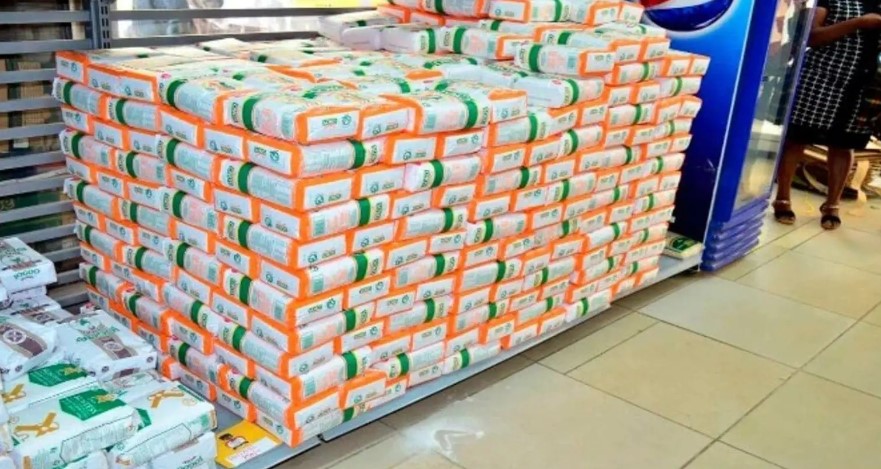New Bill proposes to give government powers to dictate commodity prices

The Price Control (Essential Goods) (Amendment) Bill, 2024, which was presented in Parliament, proposes that the CS should be accorded powers to determine the minimum and maximum retail prices of the commodities among them maize and maize flour.
A new price control model could be in the offing following the recent proposal to grant the Treasury Cabinet Secretary powers and mandate to dictate the price range of essential basic commodities sold in the
The Price Control (Essential Goods) (Amendment) Bill, 2024, which was presented in Parliament, proposes that the CS should be accorded powers to determine the minimum and maximum retail prices of the commodities among them maize and maize flour.
More To Read
- Prof Phoebe Okowa sworn in as first Kenyan judge at the ICJ
- Report finds added sugar in Nestlé baby cereals across Africa
- WHO issues first global guidelines on diabetes in pregnancy
- Kenya’s Phoebe Okowa elected to serve as judge at International Court of Justice
- Convenient but dangerous: The hidden health risks of ultra-processed foods
- Artificial sweeteners linked to higher diabetes risk, study finds
This, according to the Bill, aims to ensure the commodities' affordability and availability, particularly for low-income Kenyans.
Other commodities proposed to be under the exchequer's watch include wheat, rice, cooking oil, sugar, and certain pharmaceutical drugs.
If passed to become law, then from the guidelines, the Treasury CS will also have the powers to declare any goods as essential, set their prices, and determine applicable categories and timeframes for price control.
The Bill states that the minimum and maximum prices can be set based on costs, market conditions, and the importance of goods for economic development.
"Prices should be set with minimal restrictions on competition and considering environmental and health requirements," it reads in part.
The latest amendment proposal is being pushed by Nominated Senator Tabitha Mutinda.
Nevertheless, it stipulated that a Price Control Unit would be established within the Ministry, headed by a Director of Price Control, to monitor compliance, analyse pricing trends, and enforce price control directives.
The unit will collaborate with other regulatory agencies to prevent market manipulation, engage with stakeholders, and educate the public on price control policies.
The Bill requires the CS to announce a Gazette Notice upon consultations with industry stakeholders.
Top Stories Today












































